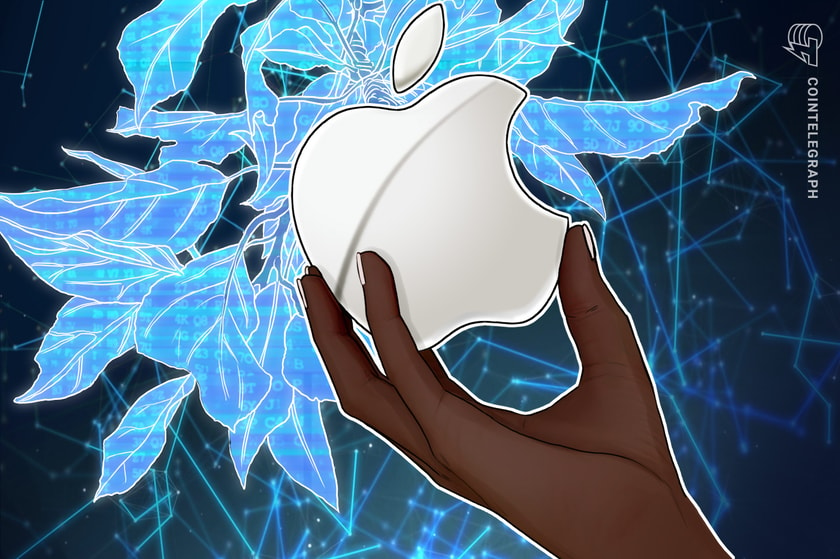Blockchain prediction markets offer new hope for scientific validation
Opinion by: Sasha Shilina, PhD, founder of Episteme and researcher at Paradigm Research Institute
Decentralized prediction markets are gaining ground in the scientific world, offering an intriguing answer to the field’s ongoing reproducibility crisis. While a notable share of research findings fail to replicate in independent tests, supporters believe market-driven forecasting can speed up identifying robust studies.
Detractors remain cautious, worried that introducing financial wagers could compromise the measured, peer-reviewed process that has guided academic inquiry for centuries. The debate hinges on whether blockchain-based forecasting will elevate or destabilize scientific credibility.
Crowdsourcing predictions
Despite these concerns, recent developments point toward real promise. Platforms like Polymarket and Pump.science have shown that crowdsourcing predictions can help refine collective judgment in fields as varied as politics and longevity. This model is being adapted for science, where it could quickly flag dubious claims and reward reproducible ones.
Although critics highlight potential market manipulation, decentralized science (DeSci) advocates argue that broad participation from multiple stakeholders could democratize the validation process, discouraging one-sided interventions by well-funded groups.
The crux of the pro-market argument is the possibility of financial accountability for flawed or exaggerated studies. Under the conventional system, questionable research can remain influential for years before its shortcomings come to light.
Market-based validation turns that dynamic on its head, issuing direct financial losses to those who bet on shaky findings. Of course, the same mechanism allows for the “shorting” of credible but lesser-known work. Supporters note, however, that transparent market structures and robust liquidity can mitigate the worst effects of speculation, putting a welcome dose of rigor back into funding decisions and public trust.
Regulations and complexities
Regulatory scrutiny adds a layer of complexity. Some jurisdictions still classify prediction markets as gambling or derivatives, limiting their growth without specialized approvals. The early experience of platforms like Augur underscores how legal uncertainties can dampen mainstream engagement.
Recent shifts in digital asset regulation and greater public interest in scientific accountability suggest that, with the proper framework, a path toward legitimacy is possible. Proponents see this as an opportunity for policymakers to differentiate between purely speculative markets and those with clear societal benefits, such as improving research standards.
Knowledge frameworks
Data integrity is another obstacle that innovators are tackling head-on. Oracles, which feed external results into blockchains, remain a weak link if they rely on unverified or manipulated sources. More advanced AI oracle networks are incorporating multiple data feeds and transparent auditing processes to overcome this.
This, in turn, incentivizes labs and journals to adopt higher data reporting standards, knowing that the market’s collective intelligence would quickly expose fraudulent or incomplete information.
Recent: Bitcoin price prediction markets bet BTC won’t go higher than $138K in 2025
Some experts remain unconvinced that prediction markets alone can outperform traditional peer review. After all, scientific publication is based on specialized expertise, and markets often rely on overlapping pools of experts who may carry existing biases.
Yet others counter that the financial incentive can serve as a powerful accelerant for truth, ensuring that the possibility of monetary loss balances any conflict of interest. Rather than replacing peer review, prediction markets could operate in parallel, catching oversight or misconduct that slips through editorial filters.
For advocates, this blend of market-driven oversight and decentralized participation holds the greatest promise. With a growing number of platforms willing to host questions on scientific claims and major institutions increasingly alarmed by irreproducible research, the stage is set for a new era of rigorous public validation.
The outcome remains uncertain, but the core idea — that a small bet can spark a significant reckoning — has won over many open-science supporters and decentralized finance innovators. If blockchain-based prediction markets continue to mature, they may become a key ally in restoring scientific credibility, offering a faster, more transparent form of discovery.
Opinion by: Sasha Shilina, PhD, founder of Episteme and researcher at Paradigm Research Institute.
This article is for general information purposes and is not intended to be and should not be taken as legal or investment advice. The views, thoughts, and opinions expressed here are the author’s alone and do not necessarily reflect or represent the views and opinions of Cointelegraph.









